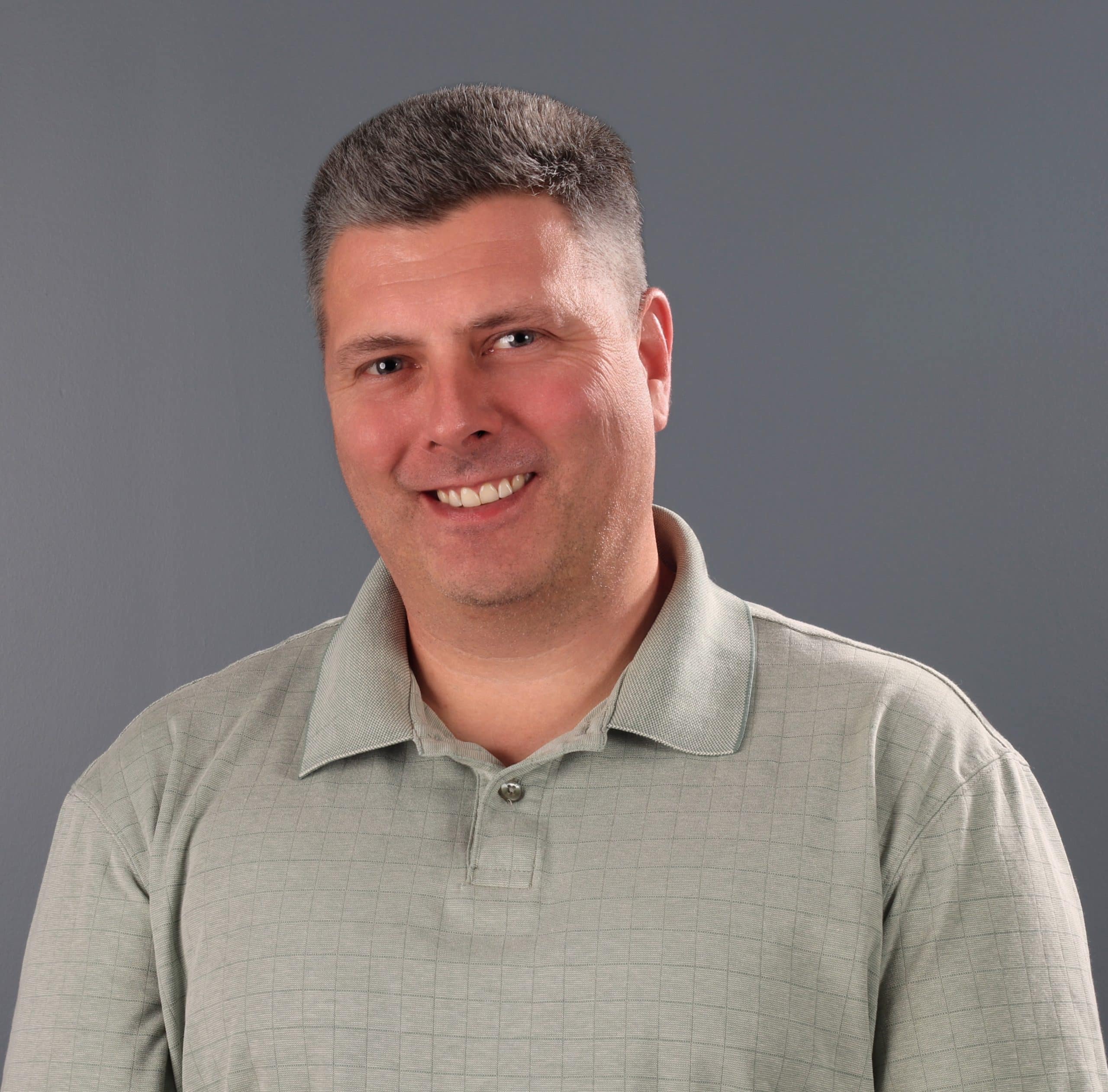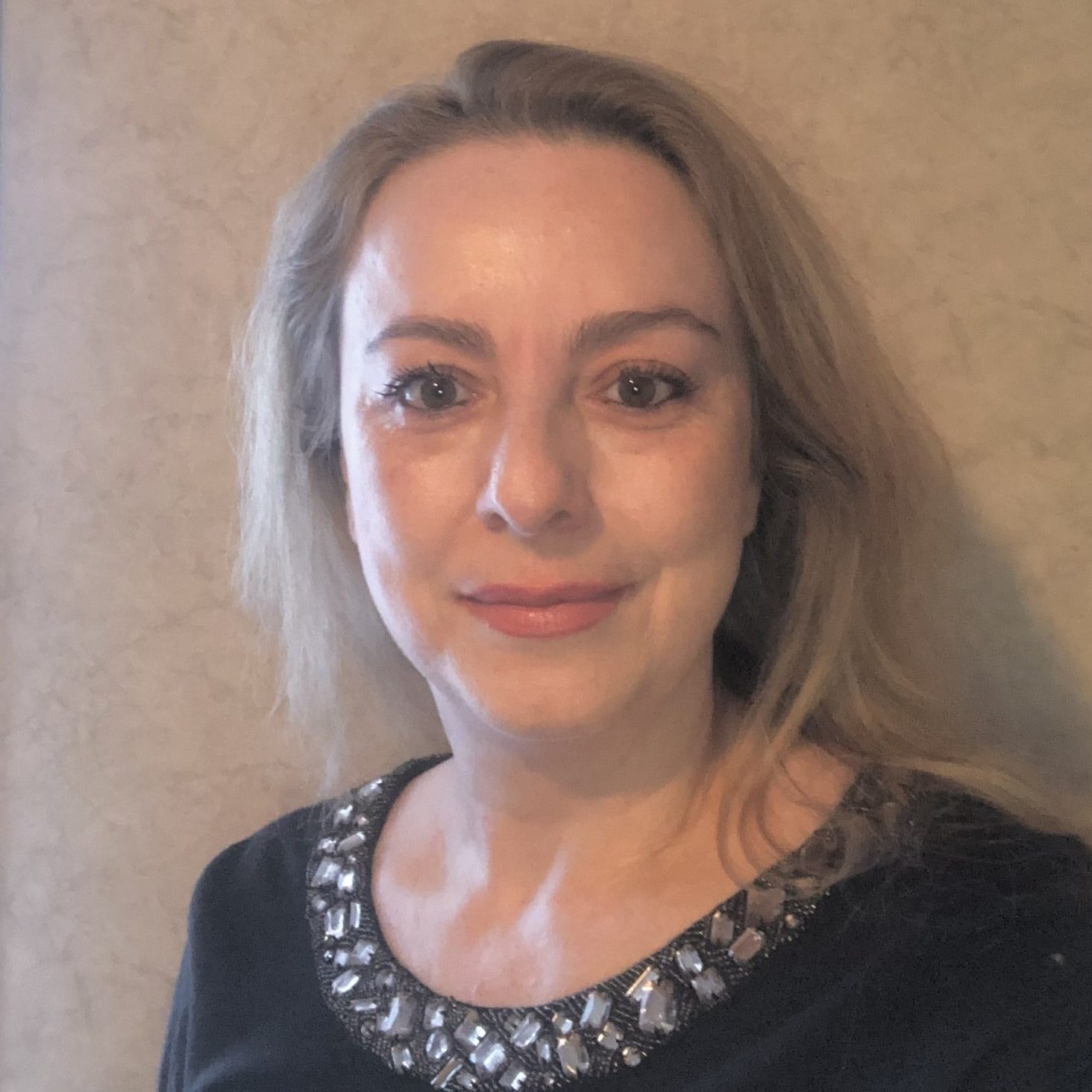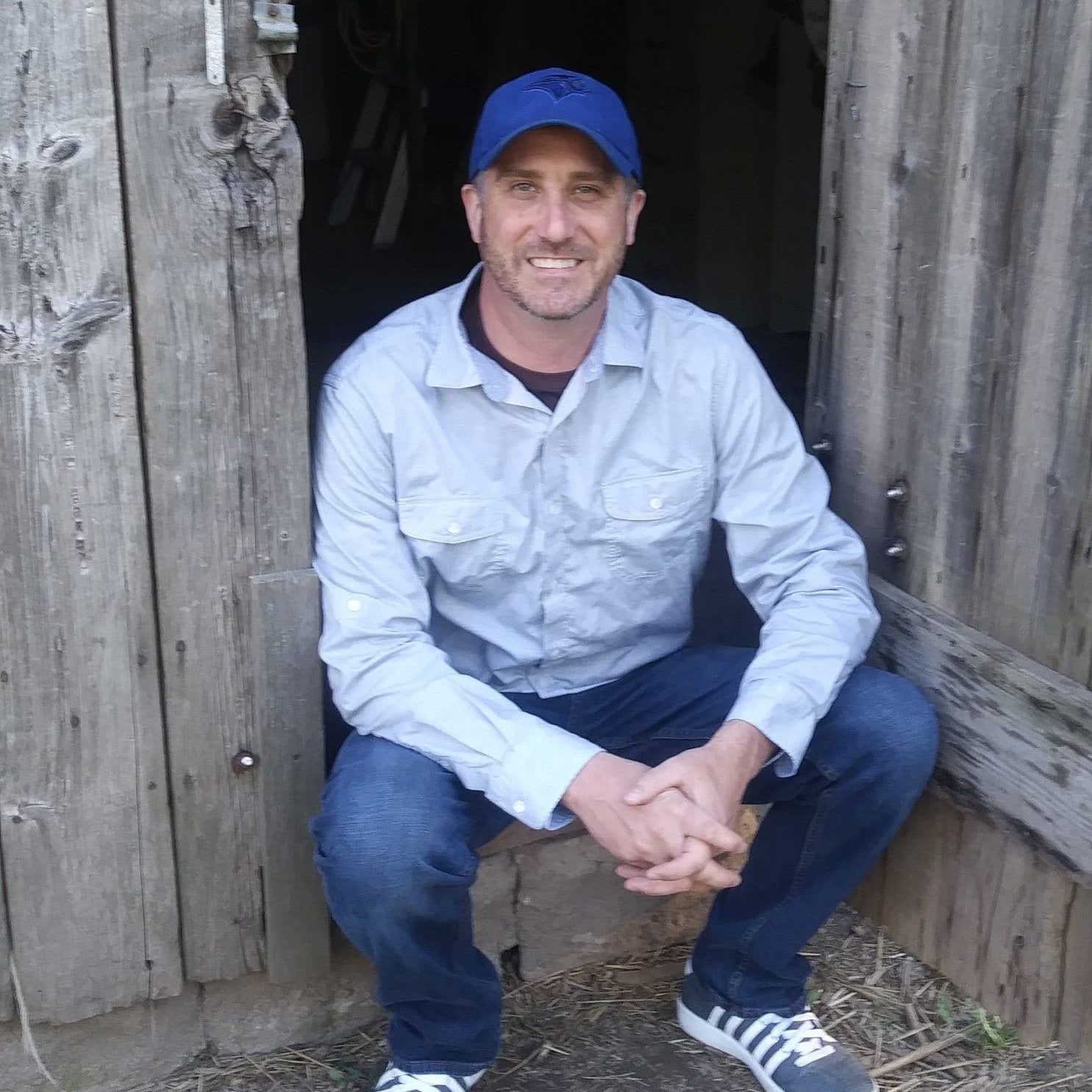Be Scam Smart June 4th, 2024 @ 7pm In Person Survivor & Caregiver Meeting About the Talk: Recognizing and Preventing Online Scams. …
Upcoming Meetings
Survivors and Caregivers
Weekly meetings are open to brain injury survivors and caregivers. This group meets on Tuesdays between 7:00pm to 8:30pm (end time may vary). Members register via weekly email. Once registered a meeting link is sent to the email listed on the registration to join on the date of the meeting. If needed you can also be connected to the meeting through the phone. New members welcome, please contact us for information. For Questions and/or Inquiries please contact us at 905-823-2221, or send us an email at supportgroups@biaph.com.
Upcoming ABI Support Group Meetings Our ABI Support Group meets In-Person (at community locations) as well as Online (via Zoom) throughout the month. Meetings are open to survivors and caregivers. Registration is required for all meetings to assist in reaching out to attendees should there be changes to the meeting. Zoom link and/or additional meeting information emailed following registration. | ||
Location | Date & Time | Description & Upcoming Speakers |
In Person Meeting Longo’s Walkers Line 2900 Walkers Line, Burlington, ON L7M 4M8 | Tuesday, June 4, 2024 @ 7pm | Burlington and Surrounding Area Meeting Recognizing and Preventing Online Scams. This seminar is designed to educate participants on the various types of online scams, how to recognize them and effective strategies to prevent falling victim to digital fraud. Cost: $0 per person A special Thank You to Longo’s for their generous donation. |
Online Meeting Via Zoom | Tuesday, June 18, 2024 @ 6pm | ABI Support Group Talk Open to caregivers and ABI members – A wellness discussion and sharing session amongst members Cost: $0 per person |
Caregivers Only
Monthly meetings are open to caregivers of acquired brain injury survivors. This group meets once a month on Tuesdays, between 7:00pm to 8:30pm (end time may vary). Members register via weekly email. Once registered a meeting link is sent to the email listed on the registration to join on the date of the meeting. If needed you can also be connected to the meeting through your phone. New members are always welcome!
For questions and/or inquiries please contact us at 905-823-2221, or send us an email at supportgroups@biaph.com.
Upcoming Caregiver Support Group Meetings Our Caregiver Support Group is hosted solely Online (Zoom) due to the large geographic area our caregivers join us from. Registration is required for all meetings. Registration helps to inform attendees in the event there are changes to meetings. Zoom link emailed following registration. | ||
Location | Date & Time | Description & Upcoming Speakers |
Online VIA Zoom | Tuesday, June 11, 2024 at 6pm | Speaker: Katie MacDonald of the Ontario Caregiver Organization
|
Support Group Speakers
Caregivers in the Workplace Where to Get Started or Find Support May 28, 2024 @ 7pm Online About the Talk: Join us …
Eddie Larty Creative Writing Workshop May 21, 2024 @ 7PM In Person Survivor & Caregiver Meeting About the Workshop: In this creative …
Qualicare: Practical and helpful tools Tackling the day-to-day challenges of caregiving May 14, 2024 @ 7PM Online Survivor & Caregiver Meeting About …
CONNECT Hamilton Redesigning Life After Brain Injury or Stroke May 6, 2024 @ 7pm In Person Survivor & Caregiver Meeting About the …
Art Therapy Workshop Art Therapy and Emotional Expression April 30, 2024 @ 6pm (Please note the time change for this meeting) About …
Quick Links
Donate
We need your help! Your donation will directly support our clients by sustaining and expanding our programs and services.
Contact Us
6835 Century Avenue,
Suite 201, Mississauga,
Ontario L5N 7K2






